First adopted harvest strategy in ICCAT history represents ‘seminal moment’ in fish stock management
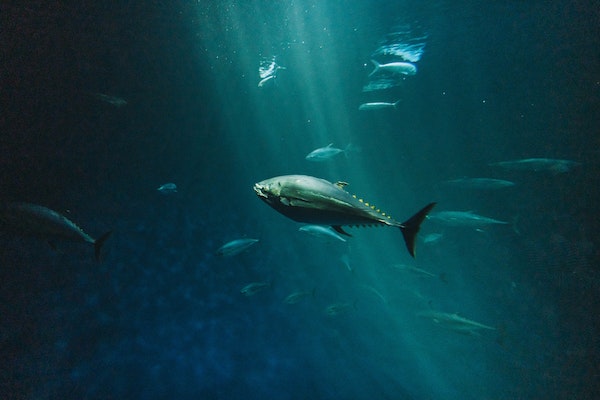
The International Commission for the Conservation of Atlantic Tunas (ICCAT) has adopted a modernized fisheries management plan for Atlantic bluefin tuna, one of the most valuable fishes in the world. It represents the first adopted harvest strategy in ICCAT’s history for the species.
ICCAT, a regional fisheries management organization responsible for the governance of Atlantic bluefin, tropical tunas and other open ocean species in the Atlantic, will use science-based data to inform managers of how much bluefin can be caught each year. Adopting the management procedure, which is also known as a harvest strategy, helps move ICCAT away from the annual and frequently politicized catch quota negotiations that have contributed to declining fish stocks and overfishing of Atlantic bluefin tuna.
“This novel measure, which is the result of the extensive collaboration among scientists, managers and stakeholders, should ensure long-term, sustainable and profitable fisheries of both the western stock and eastern Atlantic and Mediterranean stock,” said ICCAT in a press release. “The TAC set for the period 2023-2025 was set as 2,726 and 40,570 metric tons for western and eastern Atlantic (and Mediterranean) stocks, respectively.”
Calling it a “seminal moment in the management of fish stocks,” The Pew Charitable Trusts said in a press release that the management procedure will allow the western Atlantic population of the species to achieve a healthy level and lock in the recent recovery of the once highly depleted eastern Atlantic and Mediterranean bluefin tuna population.
“For years, ICCAT and its 52 member governments frequently adopted quotas far above the scientifically recommended limits,” said Grantly Galland, a senior officer with Pew’s international fisheries project. “But thanks to leadership from Canada, the European Union, Japan and the United States, all of whom championed efforts to restructure Atlantic bluefin management, there is now an ICCAT-wide commitment to embrace a long-term, sustainable vision for the fishery.”
Despite this step forward, the Pacific Ocean remains the last region of the world without any management procedures governing fishing vessels that target an internationally managed stock. However, Galland said that could soon change when the Western and Central Pacific Fisheries Commission (WCPFC) meets in late November 2022 in Da Nang, Vietnam.
“At the meeting, WCPFC members should adopt and immediately implement a management procedure for Pacific skipjack tuna, which makes up 35 percent of the world’s total commercial tuna catches and is a critically important source of food, livelihoods, and government revenue,” said Galland. “The WCPFC adopting such a policy for skipjack in the Pacific Ocean would continue a paradigm shift in how countries around the globe govern fishing – and would be a turning point towards sustainable management across the world’s tuna fisheries.”
Follow the Advocate on Twitter @GSA_Advocate
Now that you've reached the end of the article ...
… please consider supporting GSA’s mission to advance responsible seafood practices through education, advocacy and third-party assurances. The Advocate aims to document the evolution of responsible seafood practices and share the expansive knowledge of our vast network of contributors.
By becoming a Global Seafood Alliance member, you’re ensuring that all of the pre-competitive work we do through member benefits, resources and events can continue. Individual membership costs just $50 a year.
Not a GSA member? Join us.
Author
Tagged With
Related Posts
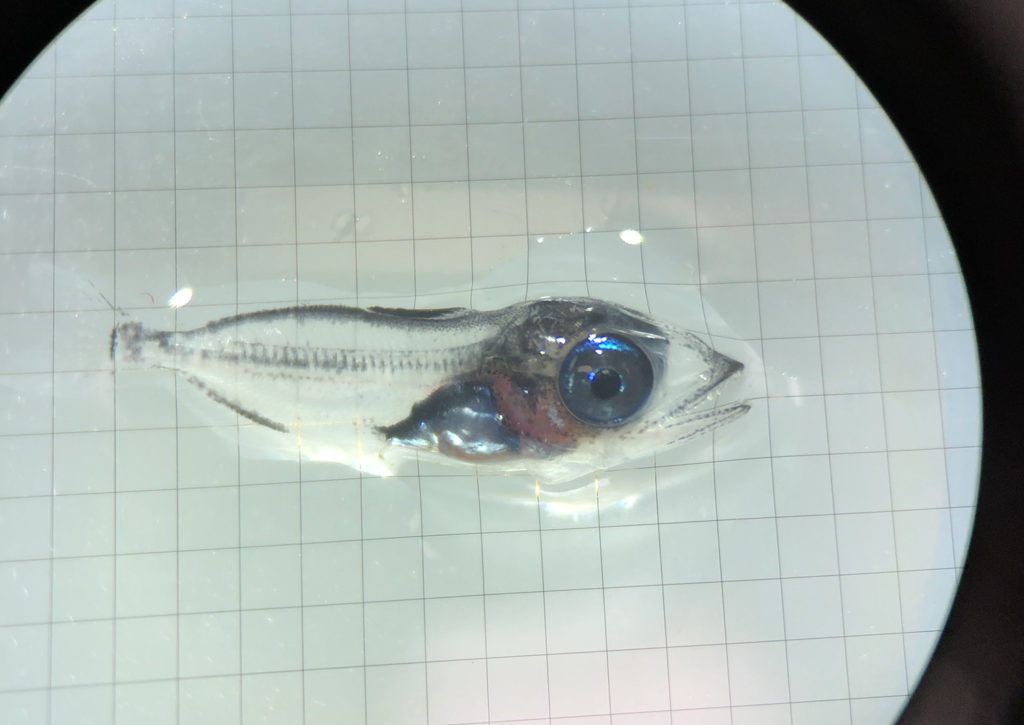
Innovation & Investment
‘Not convinced it can’t be done’: A look inside California’s new bluefin tuna hatchery
San Diego-based bluefin tuna hatchery and feed company Ichthus Unlimited aims to make tuna ranching a more sustainable and reliable option.
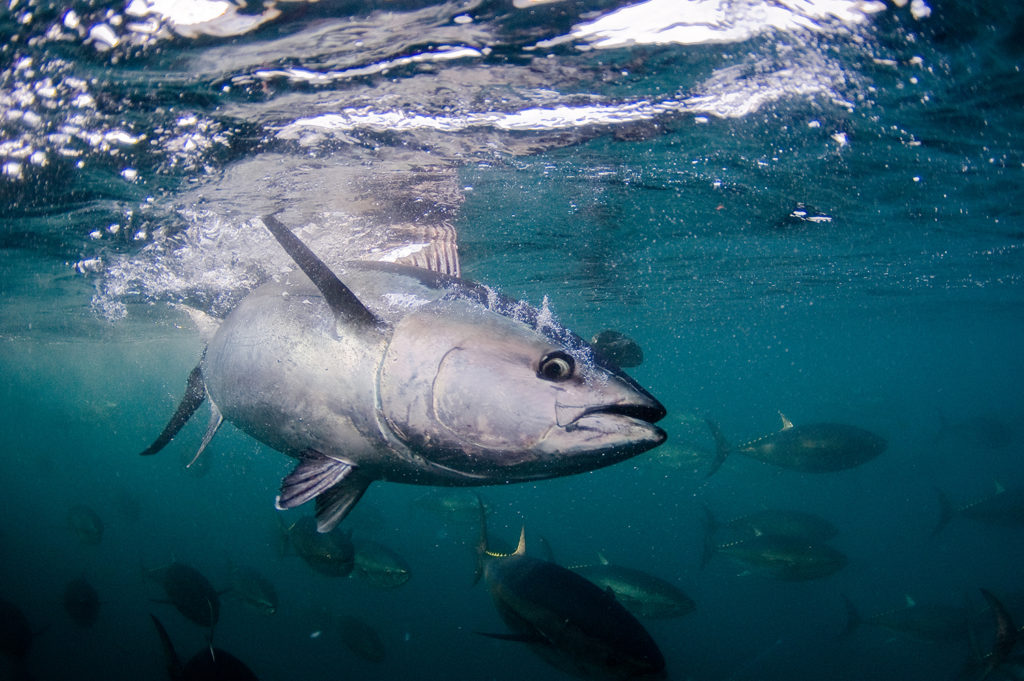
Innovation & Investment
Japan hopes aquaculture can save bluefin tuna
Bluefin tuna may be the most prized fish in the ocean. If hon-maguro sashimi is to remain chic, closed-cycle aquaculture may help keep it on menus.
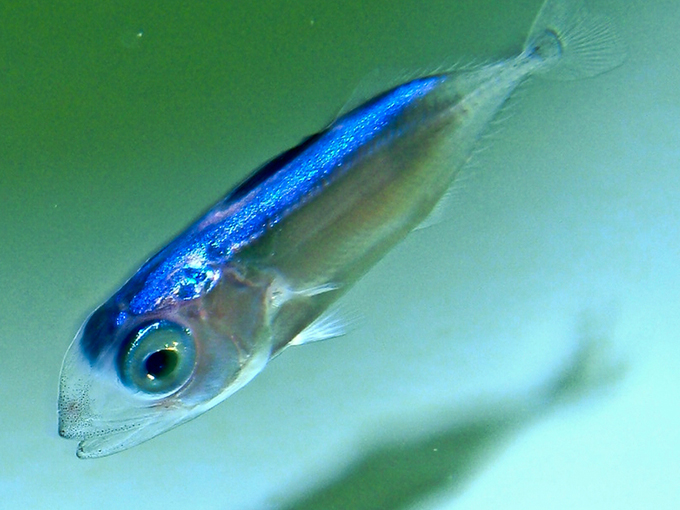
Innovation & Investment
Tuna aquaculture: Fishing for progress
Aquaculture could be a sustainable alternative to fishing for tuna but achieving commercial-scale production has proven challenging.
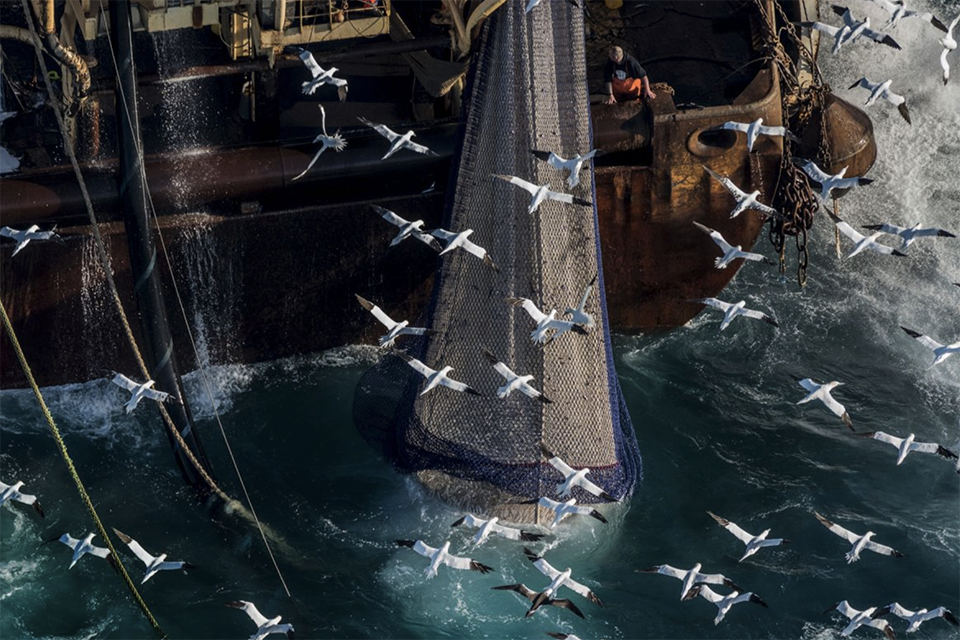
Fisheries
Newly established Global Fishing Index says nearly half of global fish stocks overfished – but is it right?
The decline in fish populations is "far worse" than previously estimated, according to the Global Fishing Index, a new assessment of fish stocks. One noted expert, however, disagrees.



